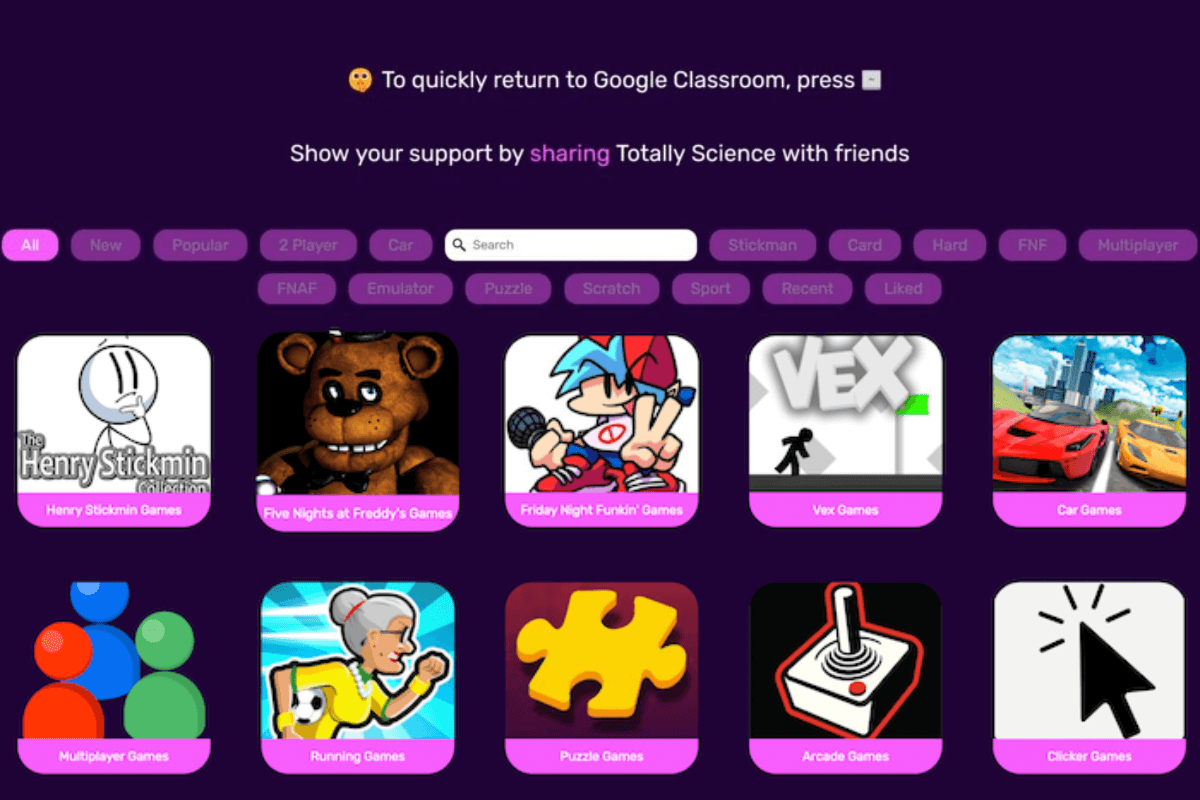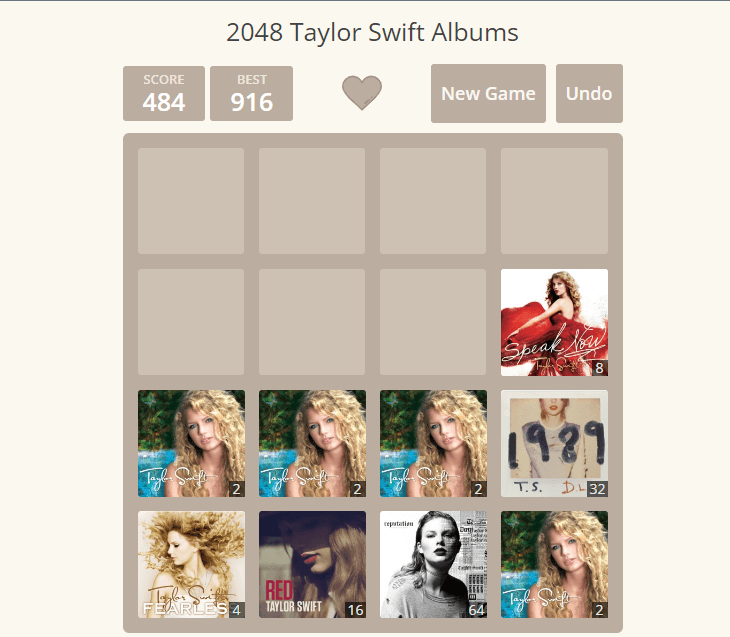Balancing Fun and Learning: A Critical Review of Totally Science.co Games

The allure of “Totally Science.co Games” promises a delightful blend of fun and education, offering players the chance to embark on exciting educational adventures. However, it is essential to take a closer look at the claims made by such games and critically examine their effectiveness as learning tools. In this blog post, we will delve into the importance of balancing fun and learning while exploring the potential drawbacks and limitations of “Totally Science.co Games” as educational resources.
Educational Content Quality:
While the idea of combining education with gaming is commendable, the effectiveness of “Totally Science-co Games” as true learning tools depends on the quality of the educational content. It is crucial to evaluate whether the games provide accurate and comprehensive information, fostering a deeper understanding of scientific concepts.
Gamification vs. Learning Outcomes:
Games often use gamification techniques to engage and motivate players. While gamification can enhance the fun factor, it may not always align with meaningful learning outcomes. It is essential to assess whether the games strike a proper balance between entertainment and substantive learning experiences.
Suitability for Different Age Groups:
Educational games must cater to diverse age groups and learning levels. Ensuring that “Totally Science-co Games” offer age-appropriate content and challenges is crucial for maximizing their educational impact and avoiding disinterest or frustration among players.
Interactivity and Depth:
The level of interactivity and depth within “Totally Science-co Games” can significantly impact the learning experience. Engaging games that encourage critical thinking, problem-solving, and exploration can offer more substantial educational value than superficial activities.
Assessing Learning Progress:
To truly be effective educational tools, “Totally Science-co Games” should include mechanisms for assessing and tracking learning progress. This allows players, educators, and parents to identify areas of improvement and tailor the learning experience accordingly.
Conclusion:
While “Totally Science-co Games” may market themselves as the perfect blend of fun and education, it is vital to critically evaluate their effectiveness as learning tools. The quality of educational content, the balance between gamification and learning outcomes, suitability for different age groups, interactivity, and the ability to assess learning progress are all crucial factors to consider. By promoting a balanced approach to fun and learning, we can ensure that educational games genuinely enrich the learning experience and foster a passion for science among players. As educators and parents, it is our responsibility to support the development of high-quality educational games that inspire curiosity and meaningful learning, ultimately preparing the next generation of learners for a brighter future.




